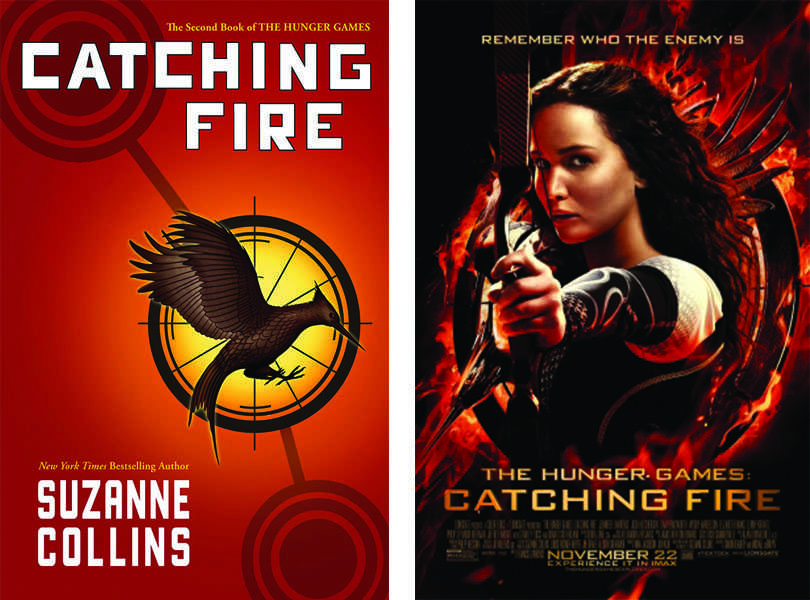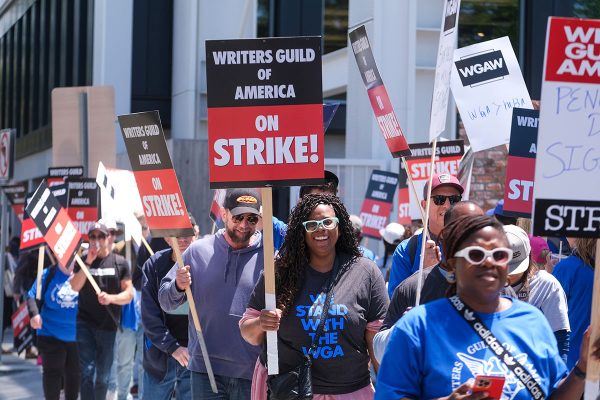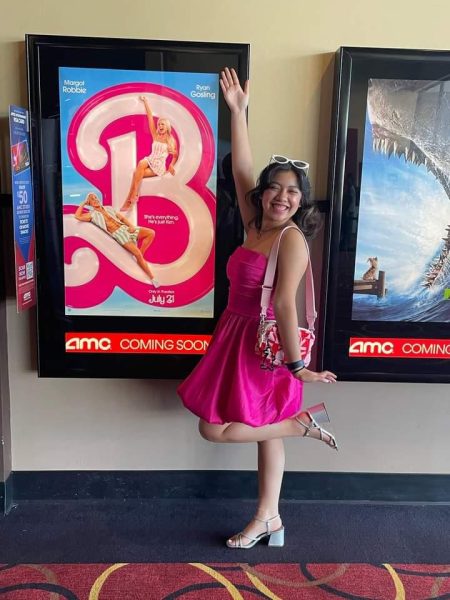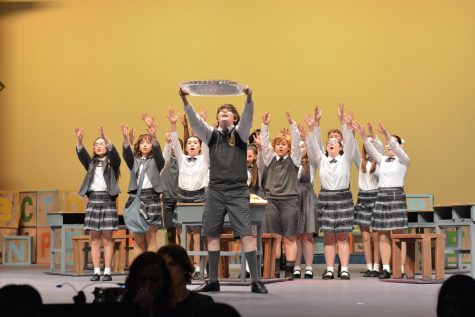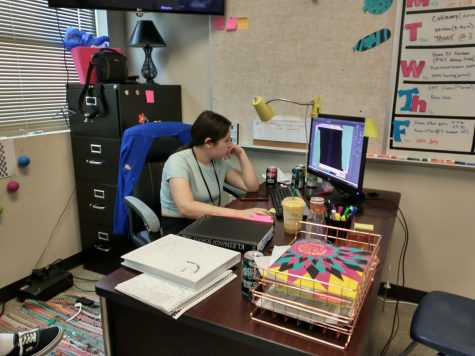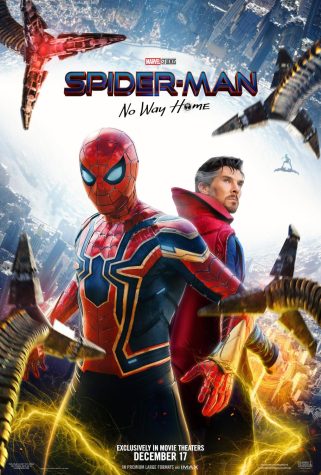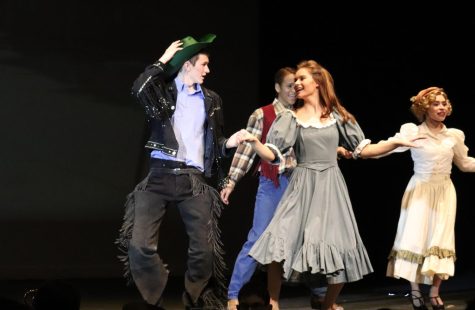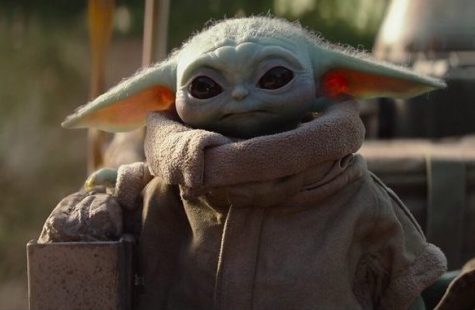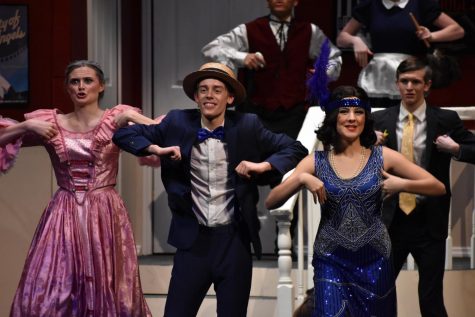Dystopian genre sparks controversy
The time has finally come when vampires and werewolves no longer rule the box office. Instead, moviegoers have traded in their Team Jacob and Team Edward shirts for mockingjay pins and bow and arrows.
Since the end of the Twilight franchise and the beginning of The Hunger Games series, more and more dystopian novels have received the green light to make their big screen debuts. These novels include Lois Lowry’s The Giver, Veronica Roth’s Divergent Trilogy, Orson Scott Card’s Ender’s Game and James Dashner’s The Maze Runner. With the release of The Hunger Games: Catching Fire last month, this new found notoriety has landed the dystopian genre a hefty fan base.
Yet critics believe that the genre relies on too much violence to reach its resolution and is warping the minds of the young adult readers and viewers that make up a large portion of the dystopian demographic.
By overanalyzing every single piece of dystopian literature that hits the shelves, these critics are making them less enjoyable to the rest of the population. Plus, the actions in these books are somewhat far-fetched. The shutdown did take its toll on the government, but President Obama isn’t going to be sending children into an arena to fight to their death so people need to stop being so fearful of these fictional books becoming reality.
Reading and watching dystopian themed novels and movies doesn’t make a person more susceptible to violent behavior, the same way reading a cook book doesn’t make someone a gourmet chef. A report from the Center for Prevention of School Aged Violence claimed that media influences could desensitize children thus making them more prone to violence, but it listed the home environment, depression, stress or anxiety, and the easy access to weapons as the major causes of violence.
Dystopian novels often include some element of environmental disaster, totalitarian government or any other factor that would result in a cataclysmic decline in society. If any of those factors were true of America today, then it could be seen why children might mirror the violence in the book in real life, but the country isn’t in complete and total turmoil. Neither is the country run by a dictator, so people need to stop blaming dystopian novels as a creator of violence.
It’s easy to see why parents might believe that the dystopian genre spurs violence. In these novels, violence is often the central conflict. For example, in The Hunger Games series 24 children are randomly selected to go into an arena and fight to the death. Their government not only does this to entertain themselves but also to instill fear into their citizens. However, the entire point of the protagonist was to take down the government, thus discouraging future violence.
These books are deemed to be set in post-apocalyptic worlds where tyranny and oppression run amuck and unless the Mayans have another prediction up their sleeve, parents shouldn’t worry about these books and movies having a negative effect on their children’s behavior because the novels don’t create a realistic setting for kids to emulate.


